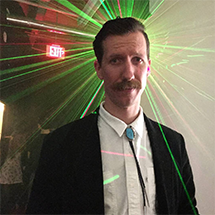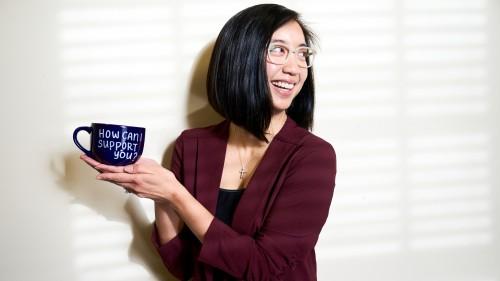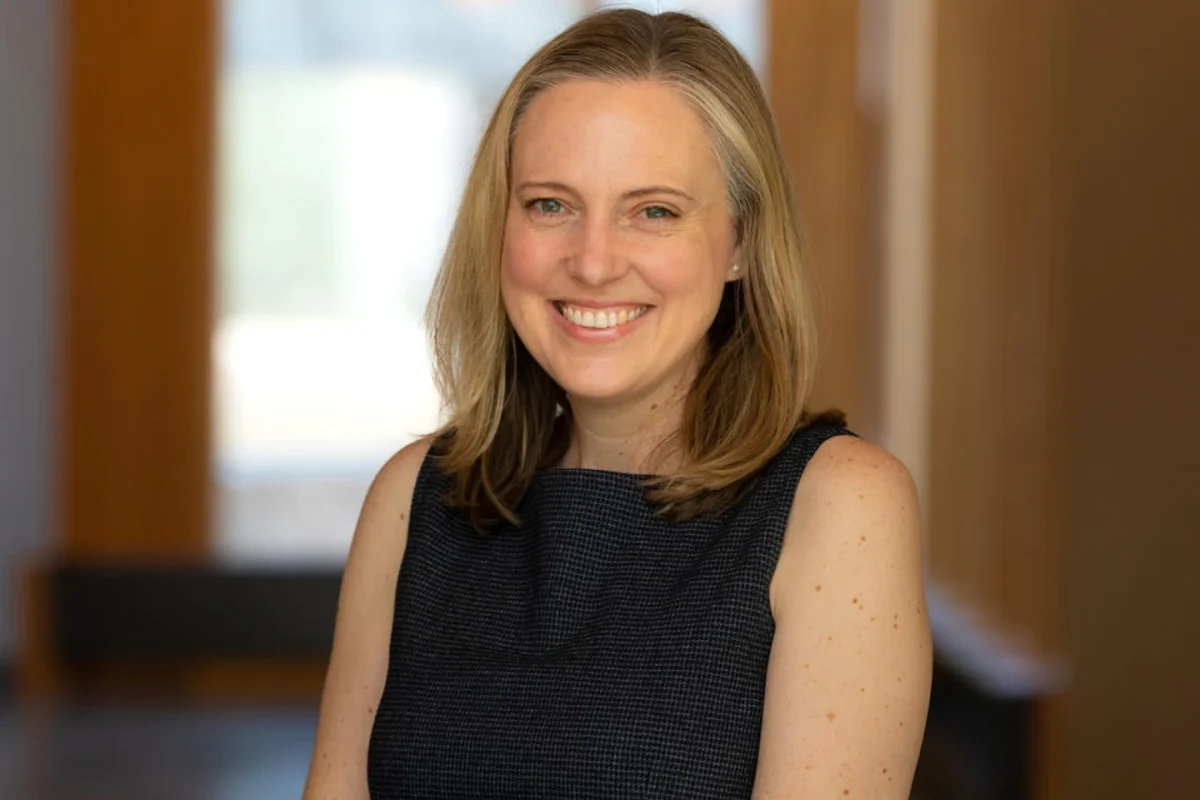From technology rentals to open computer labs to digitally focused excavations halfway around the world, the Knapp Media and Technology Center offers seemingly endless opportunities for Wellesley students to take advantage of. The electronic hub is mediated and constantly developed by many talented individuals that work diligently to keep Wellesley’s wireless presence up and running, but we have chosen to highlight one specific person for the significant strides they’ve taken and passion they’ve demonstrated for true technological advancement on this campus and beyond. Jordan Tynes, the Director of Academic Fabrication and Digital Design and a visiting lecturer in the Computer Science Department, has instigated some powerful shifts in Wellesley media over his last six years on campus and we have all been lucky enough to witness the changes in action.
Growing up in the Bay Area, Tynes always knew he had a fascination with technology. As such, he attended UC Santa Cruz as an intended Computer Science major, but quickly transferred to the Media Arts and Sciences route with a focus in Electronic Intermedia as he “didn’t realize there would be so much Calculus.” In other words, to anyone struggling in Calculus 1: you’re not alone. During his time at UCSC, Tynes participated in “a lot of electronic art and installations” which really fulfilled his yearning to work in a blended environment of art and tech.
Following UCSC, he enrolled in graduate school at the School of the Museum of Fine Arts at Tufts University and developed an interest in theater as well as freelance videography. While at Tufts, Tynes was able to connect with one of his undergraduate advisors who was being hosted by a theater production company in Cambridge. Through this connection, hard work, clear talent and a bit of luck, Tynes began doing technical direction for the company and traveled through Europe with them for a few months. “Despite having no idea what [he] was doing,” Tynes loved working on the project and became even more involved in video and sound projects.
After a few months working with the theater company and finishing his Tufts degree, Tynes was offered a job in the Art Department at Wellesley College. Throughout the last six years, he has worked his way through various departments and opportunities until reaching his current role in the Knapp Media and Technology Center. Tynes had enjoyed every position he’s had at Wellesley, but he loves how his current job allows him to utilize his “natural ability with technical skills in the design field.” Every day, he gets to “explore new things in those fields” and is extremely excited every time he gets to witness the “presence of media in communication, the various things you can do with technical computer skills, and the pursuit of more in higher education.”
However, this is not to say that Tyne’s job doesn’t come with difficulties. While he does find it “remarkable” every time he sees “a student come in with a question or problem” and gets to “work with them and give them the skills to find the best way to address that problem or the best solution,” he is challenged by the level and amount of work that always needs to be done in such an “incredibly enthusiastic field” that is constantly developing and changing. On top of all that, he also “partners with other departments to design assignments that utilize Wellesley’s technological facilities and supports everything that happens in the Knapp Center, including student appointments, the internship program, equipment rental and circulation, faculty and student research, and open labs.” Therefore, it is no surprise that Tynes sometimes struggles with “managing the volume of enthusiasm and being aware of his time so he can give everyone the chance to learn with adequate resources.”
Aside from his incredibly busy role in the Knapp Center, Tynes teaches alongside various faculty members and helps develop blended learning initiatives and exercises like video essays, podcasts, and media production. Specifically, Tynes has worked with the Anthropology Department to build Virtual Reality platforms for osteology labs that explain the evolution of human anatomy, and also with the Classics Department on their Greek excavation project “to bring digital processes like scanning, drones, and electronic mapping.”
Through these projects, Tynes has been astounded by how “serious Wellesley students are about the work they’re doing” and how “they always surprise [him] with their dedication, even when [he] thinks [he’s] seen the limit.” He also loves how the college “seems to be constantly changing because [his] field is very connected to change and the embrace of it. Overall, Tynes has been shocked by the endless, incredible things he has been able to do at and through Wellesley. The College has allowed him to not only explore his own interests, from “the intersection of gaming and education” to “the critical study of various types of media,” but it has also helped him inspire others to do the same.








